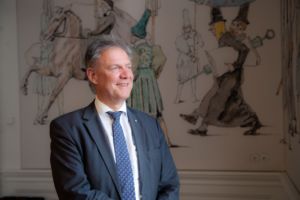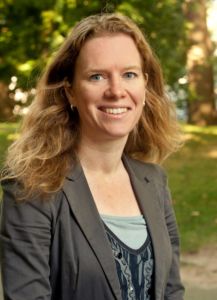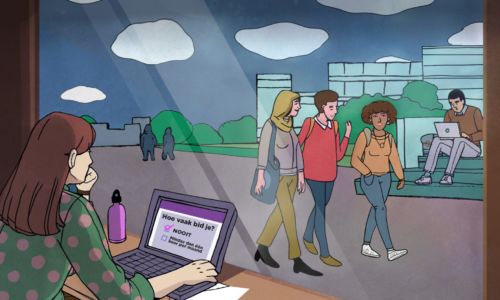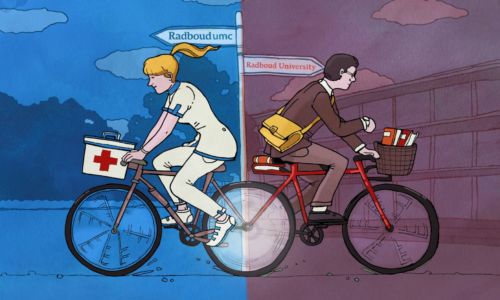University starts research into its identity with staff and students: ‘This will not be a referendum’
-
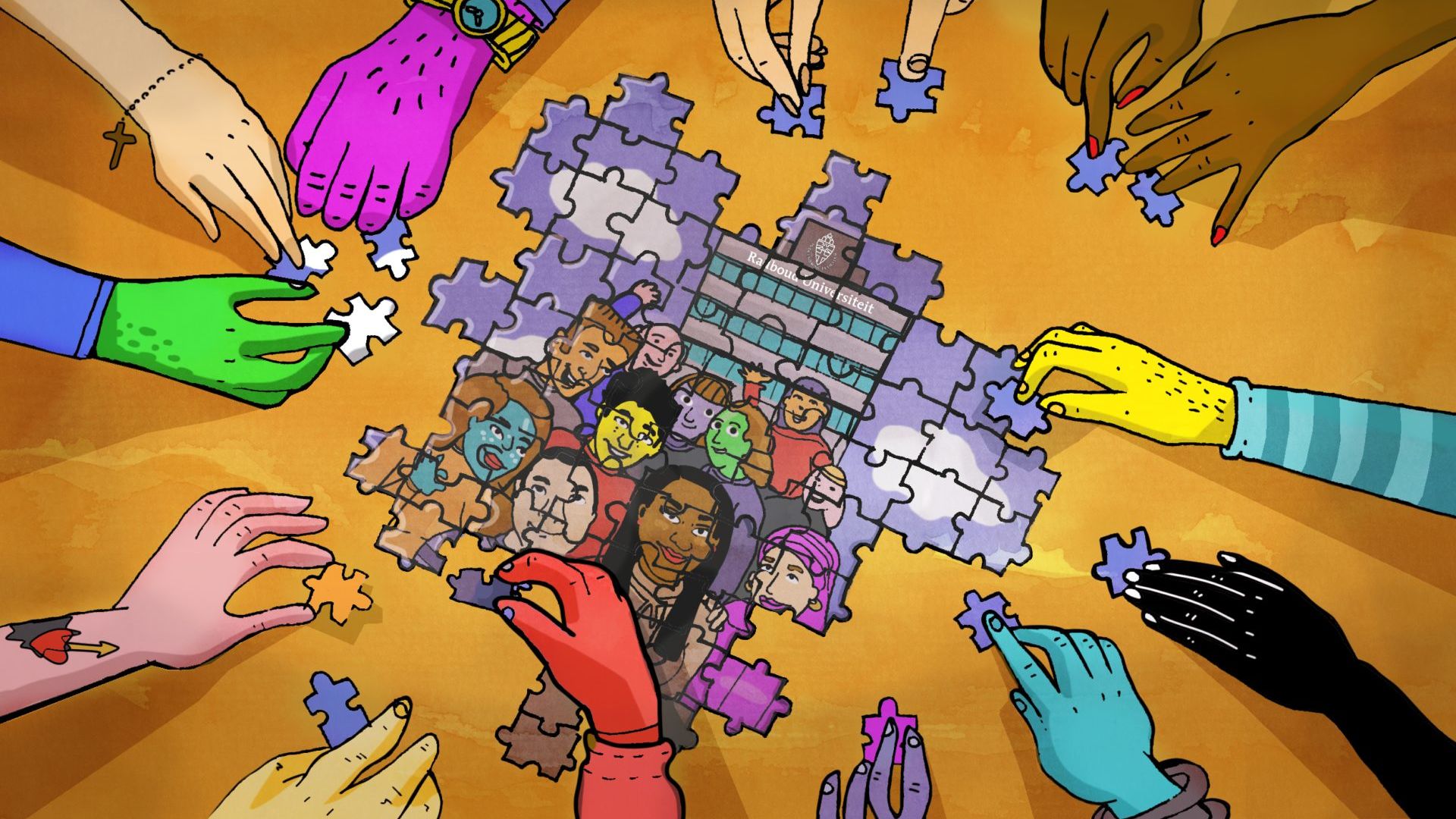 Illustratie: Ivana Smudja
Illustratie: Ivana Smudja
A little over a year after the split with the bishops, Radboud University is starting a quest for its identity through dialogue sessions with students and staff. ‘Of course, different opinions in the discussions are allowed, but it's not going to be a referendum about the Catholic identity.’
One year after the Dutch bishops revoked the predicate of ‘Catholic’ from Radboud University, the university is starting research into its own identity. All students and staff, alumni and external relations can contribute via dialogue sessions. Annemarie Hinten-Nooijen, director of the Radboud Honours Academy, is heading up the process.
Special university
According to Han van Krieken, Rector Magnificus, two questions need to be addressed in the sessions. ‘What kind of university do we want to be, taking into account our roots and our core values of ‘connected, curious and reflective’? And how do we flesh out our special status and what is its significance?’
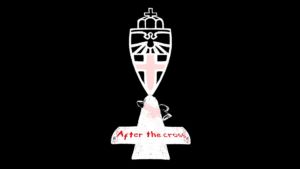 Radboud University lost the predicate ‘Catholic’ a year ago. What does that mean, what has changed since then and where do we go from here? Vox wrote a series of articles about this in recent weeks and this is the last of those articles.
Radboud University lost the predicate ‘Catholic’ a year ago. What does that mean, what has changed since then and where do we go from here? Vox wrote a series of articles about this in recent weeks and this is the last of those articles.
And even if it’s no longer allowed to bear the ’Catholic’ predicate, Radboud University is still a special university. That’s because unlike most universities, Radboud University is a foundation, a private organisation. In legal terms, state universities are public in nature because they were founded at some point by the government. And the government appoints the regulators at state universities but not at special universities (Tilburg University is another example). Up till a year ago, new members of the regulatory body of Radboud University were nominated by the Catholic University Foundation and subsequently appointed by the Dutch Conference of Bishops. Since then, appointments have been made by the sitting members of the regulatory body – for one member, on the recommendation of the participatory body. And different rules apply to participation at special universities.
It’s possible that during the dialogue sessions, someone will suggest making Radboud University a state university. ‘But is that what we want?’, Han van Krieken wonders. ‘The last rector of Leiden University (Carel Stolker, ed.) once asked me whether I found it difficult having the bishops appointing the members of the regulatory board. My answer was to ask him whether he found it difficult having the government do that in Leiden. It’s perfectly possible that a political party that wants things you don’t will gain a majority. People don’t consider that sort of thing in the Netherlands, but in Hungary, for example, they do.’ There, the Central European University, funded by George Soros, was forced to move to Vienna.
‘A special university must also have a special identity’
The rector continues to support Radboud University’s mission statement in which the special status is recorded. ‘What does it mean? To me, it’s important that we continue to join in considering ways of continuing to interpret this in the new context’, he says. ‘If you’re a special university, you must also have a special identity.’
Narrative identity
At the beginning of 2022, all students and staff of Radboud University will receive an invitation to the dialogue sessions. They will take place in groups of 15 to 25 people, led by moderators from Radboud Reflects. Participants will be sent some texts beforehand, such as the university’s mission statement and a booklet by the university’s historian, Jan Brabers.
‘The Radboud University mission will form the starting point for the discussions’, Annemarie Hinten-Nooien tells us. ‘How do students and staff experience the university’s core values in their study or work? If you can ascertain that, you get a picture of what that identity is.’ Hinten-Nooijen refers to French philosopher Paul Ricoeur, according to whom identity comes from the narrative we tell ourselves and each other, and with which we subsequently identify.
‘You’d have to be mad to want to cut the university’s roots’
But to what extent can you form an identity yourself? Isn’t an identity something that already exists? ‘Everyone feels that the Radboud DNA of contributing to a better society is really important’, says Hinten-Nooijen. ‘It is based on the movement on which we were founded. You’d have to be mad to want to cut roots. But we can, of course, conduct an open discussion about that.’
Walt Disney
However, according to Hinten-Nooijen the idea is not that students and staff get into real arguments with each other. ‘It’s not a referendum for or against the Catholic identity which results in the majority vote winning’, she says. ‘Do not forget that an awful lot of people regret the decision on the part of the bishops to revoke the predicate of Catholic from the university. But different opinions in the discussions are allowed, of course.”
Hinten-Nooijen hopes that the role of the new identity will be similar to that of companies with a strong corporate philosophy, such as Apple or Walt Disney. ‘The idea behind that is that as people in an organisation reflect on a mission or core value personally, that they feel more connected to the organisation’, she says. ‘If people see that clearly, they are better able to contribute to what this university stands for which in turn will increase the quality of what we do.’
Following the dialogue sessions, the university’s identity is to be given a prominent role on the university website or in interviews with students and staff. ‘That can be inspiring’, says Hinten-Nooijen. ‘Prestigious American universities such as the University of Notre Dame (a Catholic university in Indiana, ed.) are quite proud of their roots. And we should be too.’
In the end, the Executive Board will decide what the consequences of the dialogue sessions will be for the organisation. The whole process must be completed before the centenary of Radboud University in October 2023.
The Thomas More Foundation
Not only students and staff, but also alumni and external stakeholders will receive invitations to the dialogue sessions. They include representatives of the VKMO (Association of Catholic Social Organisations), the KNR (the Dutch Conference of Religious Orders), Radboud university medical center and secondary schools from the surrounding area. ‘The bishops are also welcome’, says Rector Magnificus Han van Krieken.
The Thomas More Foundation is also one of those invited. The organisation has as its goal to involve the Catholic intellectual tradition in the training of academics. ‘We do that through a network of students, academics and other interested parties’, Wim Kremer tells us. He is professor of Veterinary Studies at Utrecht University and Chair of the Thomas More Foundation. ‘What they all have in common is an interest in the significance of the Catholic intellectual tradition for societal issues.’
Each year, around forty students take a study programme at the Thomas More Foundation, consisting of, for example, lectures given in an informal setting by scientists from the foundation’s academic network. ‘Not all these lecturers are necessarily Catholic but just as the students, they are curious to know what Catholic thinking can mean in the present day’, says Kremer. ‘We do however discuss the Catholic tradition with these young people.’ Students, professors and other teaching staff from Radboud University, such as Maria van den Muijsenbergh, Sophie van Bijsterveld and Wim Smeets of Radboud university medical center take part in the programme each year. One component of the programme for students is a study trip to Rome. ‘The students have exceptional encounters there, such as with a cardinal or with board members of the Congregation for Catholic Education’, says Kremer.
The Thomas More Foundation, which is dependent on donations from private individuals, also has an alumni network of around 300 people and organises a variety of other activities such as substantive meetings for the foundation’s academic network, where: ‘There is a strong focus on the Catholic social thinking which is in part about human value: every individual counts, or commitment to the society’, according to Kremer.
